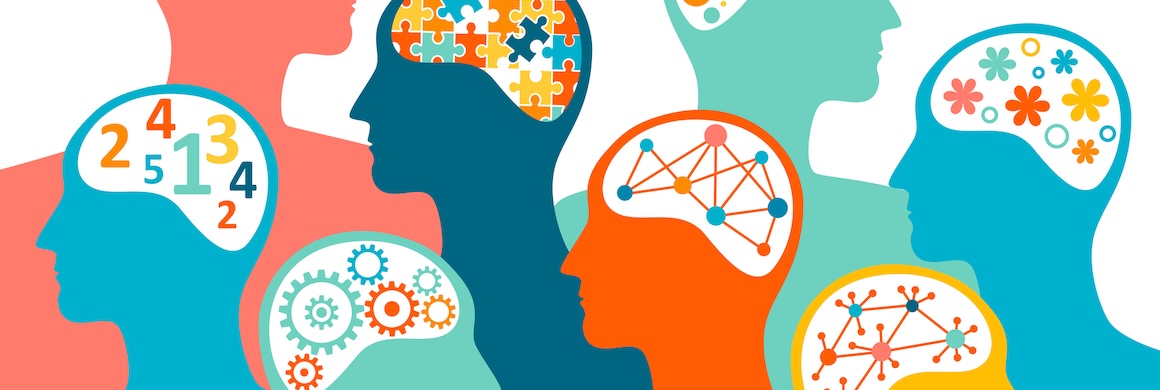Did you know approximately 11% of Australians are neurodivergent [1]. Neurodivergence refers to natural variations in the human brain, leading to different ways of thinking and processing. Neurodiverse conditions include Autism, ADHD, OCD, Tourette Syndrome and Dyslexia.
Some of the most successful people in their fields are neurodivergent – Bill Gates, Greta Thunberg and Billie Eilish all identify as neurodivergent, and even Albert Einstein is theorised to have had autism.
Neurodiversity Creates a Competitive Advantage in Business
Neurodivergent individuals often possess unique strengths and can provide significant advantages to businesses.
-
Innovation and Creativity
Neurodivergent individuals bring unique problem-solving approaches, often leading to innovative ideas. For example, those with ADHD may excel in brainstorming, challenging conventional norms to drive creativity and develop breakthrough solutions.
-
Diversity and Collaboration
Diverse cognitive styles enhance creativity, collaboration and empathy within teams. Neurodivergent individuals introduce varied perspectives, fostering understanding and open communication which ultimately improves team dynamics and performance.
-
Enhanced Performance Through Strategic Strength-Based Task Allocation
Organisations can boost productivity by aligning roles with the strengths of neurodivergent individuals. For instance, those with strong attention to detail may thrive in quality assurance, while creative thinkers might excel in innovation-focussed roles. This strategic alignment enhances employee satisfaction and drives overall success.
Embracing Neurodiversity Requires the Creation of an Inclusive Environment
If neurodiverse individuals have so much potential to offer the enterprises that employ them, then it follows that businesses should do what they can to create and maintain workplace environments within which those individuals can thrive.
In particular, it is crucial to address the negative impact of masking – the practice of concealing neurodivergent traits to fit in with societal norms – to protect not only employee wellbeing, but also to stimulate productivity. Unfortunately it is not uncommon for neurodivergent employees to feel pressured to adapt their behaviours in order to avoid stigma, discrimination or exclusionary practices, leading to increased stress, anxiety, and burnout. This increased emotional burden presents as a risk to mental health, and also hinders the ability of those people to bring their very best selves to the job.
Embracing neurodiversity in the workplace requires intentional strategies to create a supportive and inclusive atmosphere. Here are some effective approaches:
-
Flexible Work Arrangements and Sensory-Friendly Spaces
Offer remote work options and flexible hours to accommodate different working styles. Additionally, quiet areas or sensory-friendly workspaces help neurodivergent employees concentrate without distractions.
-
Open Communication and Leadership Support
Foster a psychologically safe environment where all employees feel comfortable sharing their needs, and where neurodivergent individuals feel valued and included in discussions. Encourage leaders to actively promote neurodiversity initiatives.
-
Adjusting Expectations and Performance Metrics to reflect the strengths of your Neurodivergent Workforce
Recognise that neurodivergent individuals may have different strengths and working styles. Adjust performance expectations to reflect these differences, leading to more accurate assessments and greater job satisfaction.
-
Awareness and Training
Implement training sessions to raise awareness about neurodiversity among staff. This fosters understanding and empathy, and improves collaboration.
Implementing these strategies creates a workplace that not only welcomes neurodiversity but also leverages it for greater innovation and productivity.
If you’re interested in enhancing your workplace through awareness or training on neurodiversity, as well as other diversity and inclusion initiatives, reach out to us at Associated EAP for more information.
[1] https://www.abs.gov.au/about/abs-careers/inclusion-and-diversity










